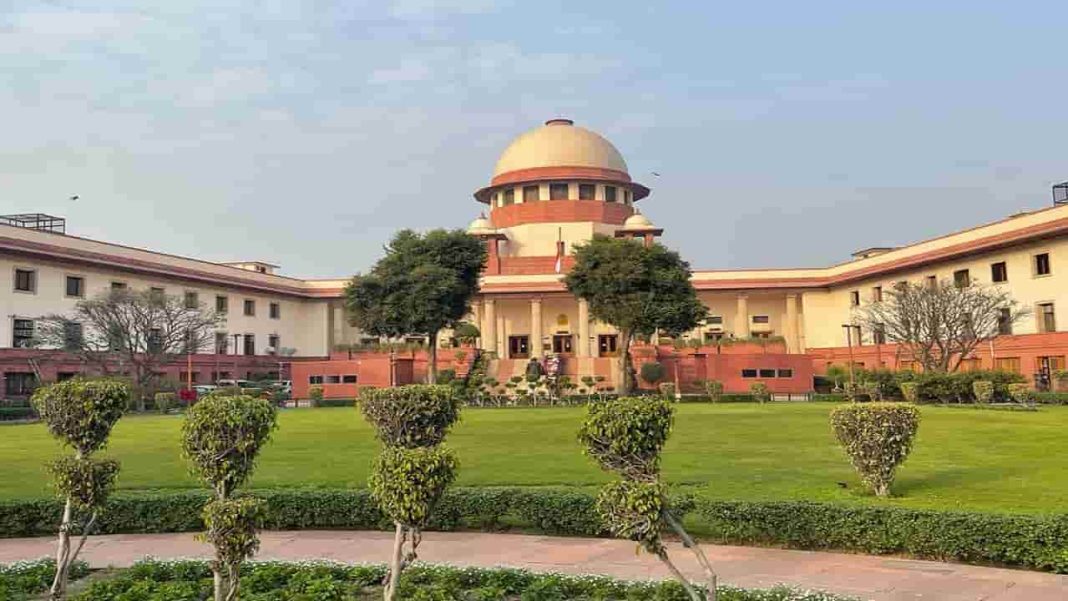The Supreme Court on Friday directed the Andhra Pradesh High Court to hear a petition on January 23 related to a Government Order (GO) restricting the police from granting permission for public meetings and rallies.
The directions were issued by the Bench of Chief Justice of India (CJI) D.Y. Chandrachud and Justice P.S. Narasimha on a writ petition filed by the Andhra Pradesh government, challenging the interim order passed by the Vacation Bench of the High Court on January 12, staying the GO on public meetings.
The Apex Court, while directing Chief Justice of Andhra Pradesh High Court Prashant Kumar Mishra to look into the matter personally, said that since the matter was listed before the High Court, it would not interfere as of now.
The top court of the country further said that it had kept open the rights and contentions of parties.
The Vacation Bench of the High Court had stayed the January 2 GO on the grounds that prima facie, it was contrary to the procedure prescribed under Section 30 of the Police Act.
The state government contended before the Apex Court that it had been plagued by the multitude of fatalities caused during political rallies and roadshows.
In order to reduce the fatalities, the Andhra Pradesh government had advised the State Police Department to refrain from granting permissions for such public meetings, said the petition.
It added that the Vacation Bench ought not to have taken up the matter because the notification of the High Court dated January 5, 2023 regarding listing of matters before the Vacation Bench clearly stated that no policy and administrative matters shall be taken up during vacation.
As per the plea, the GO was clearly an administrative and policy matter and hence, any order passed by the Vacation Bench regarding the GO, let alone staying its operation, was without jurisdiction, since it is passed by a coram non judice.


